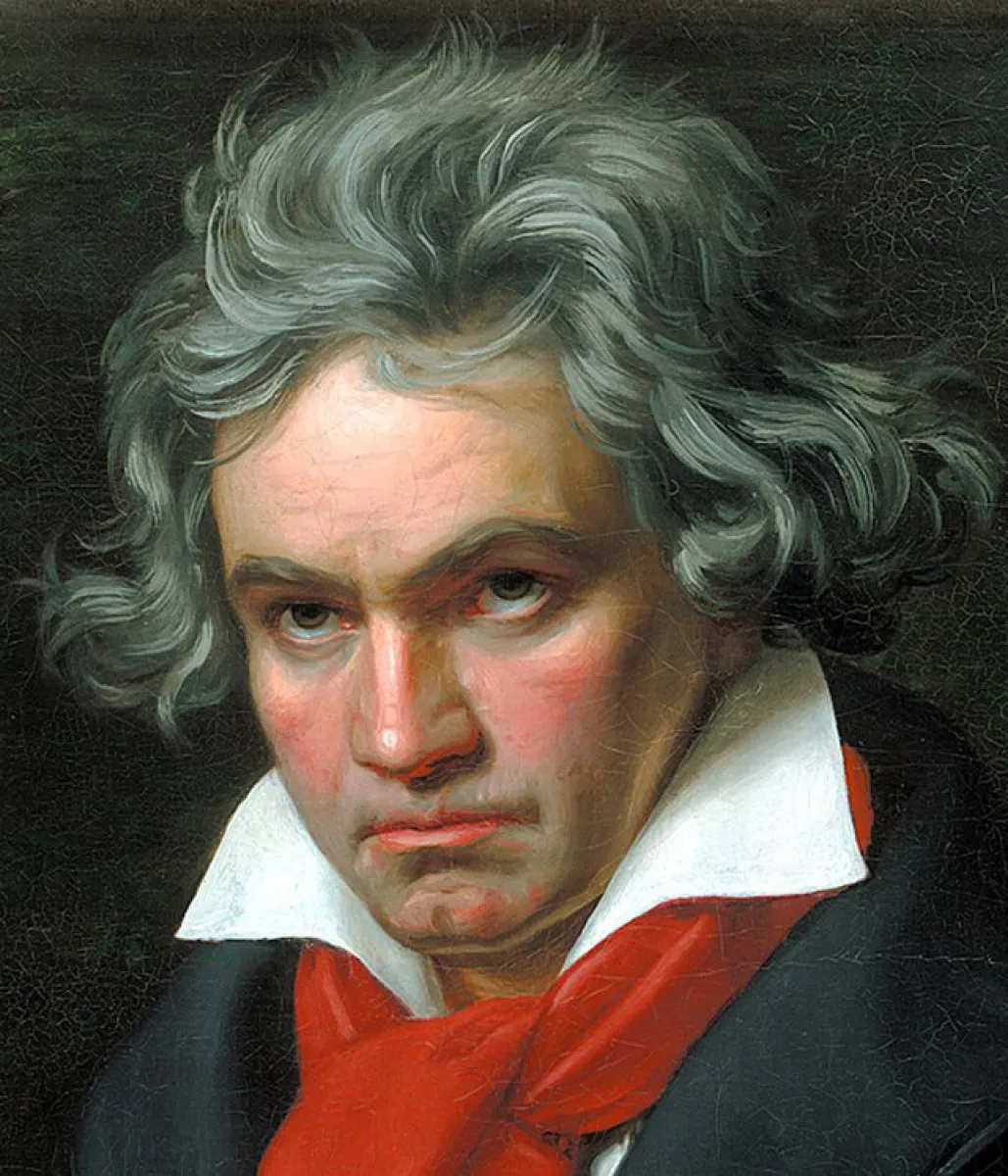
Beethoven
Composer, Violinist, Conductor, Pianist, Organist, Lyricist, Kapellmeister
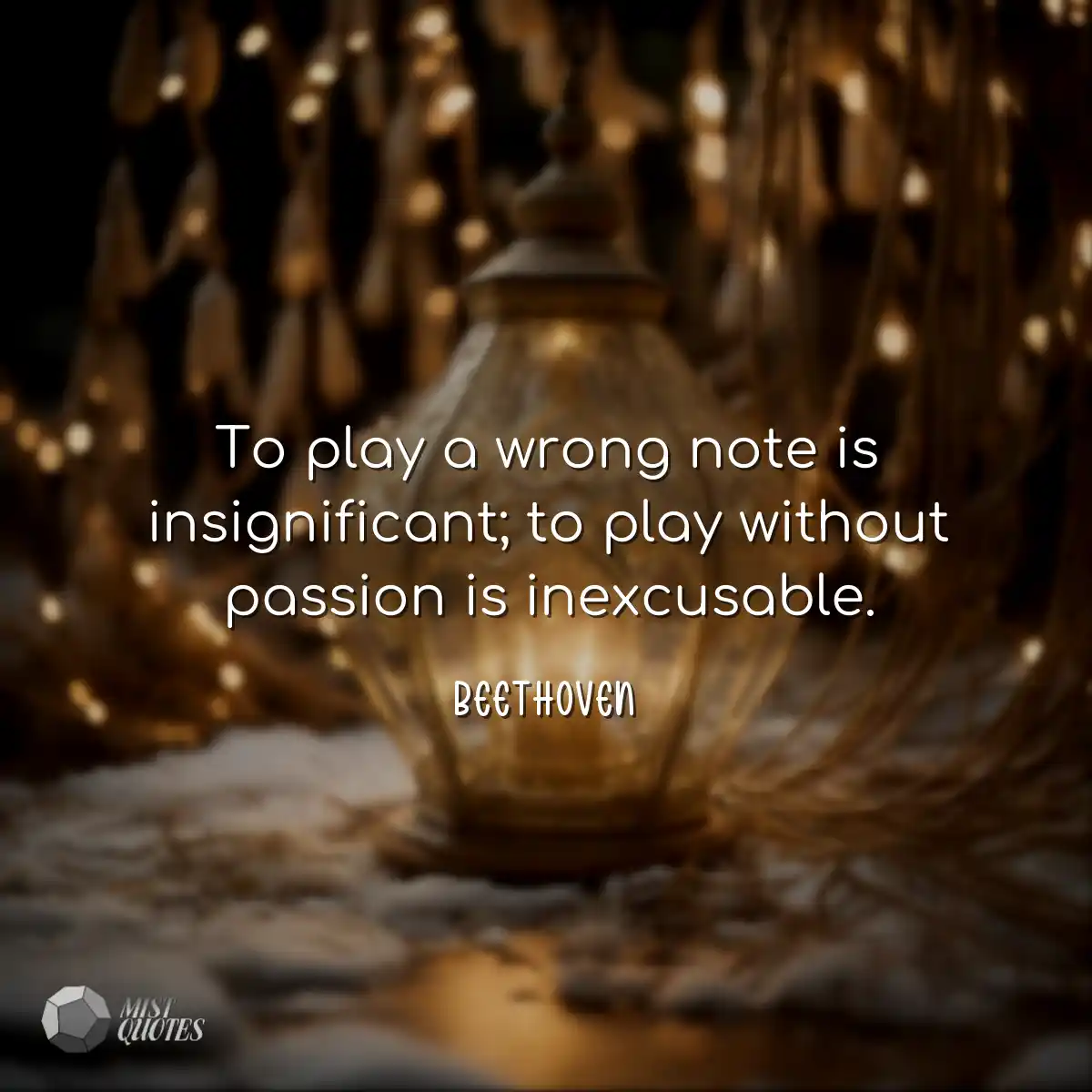
To play a wrong note is insignificant; to play without passion is inexcusable.
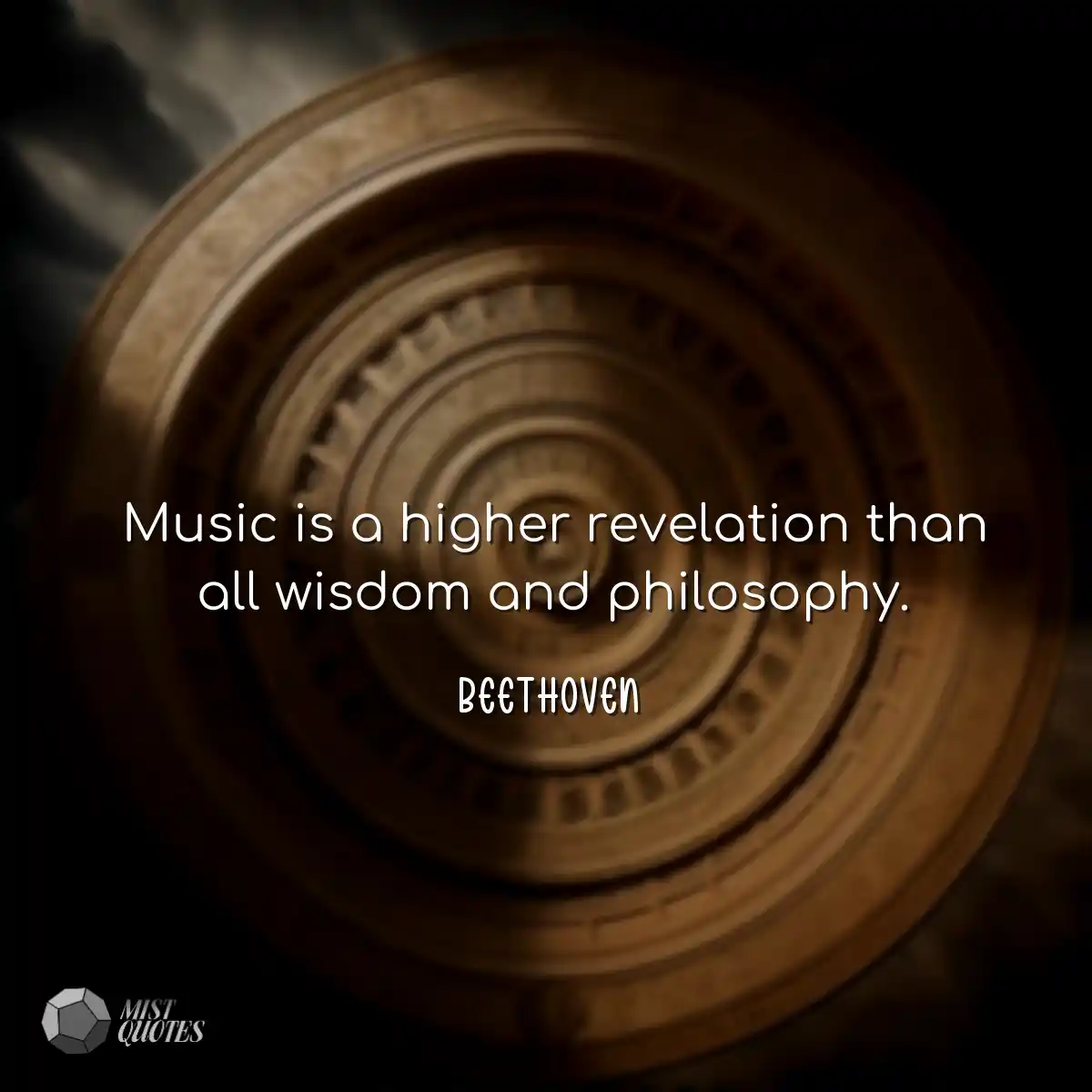
Music is a higher revelation than all wisdom and philosophy.

Don't only practice your art, but force your way into its secrets.

The true artist is not proud; he unfortunately sees that art has no limits.

Music can change the world.
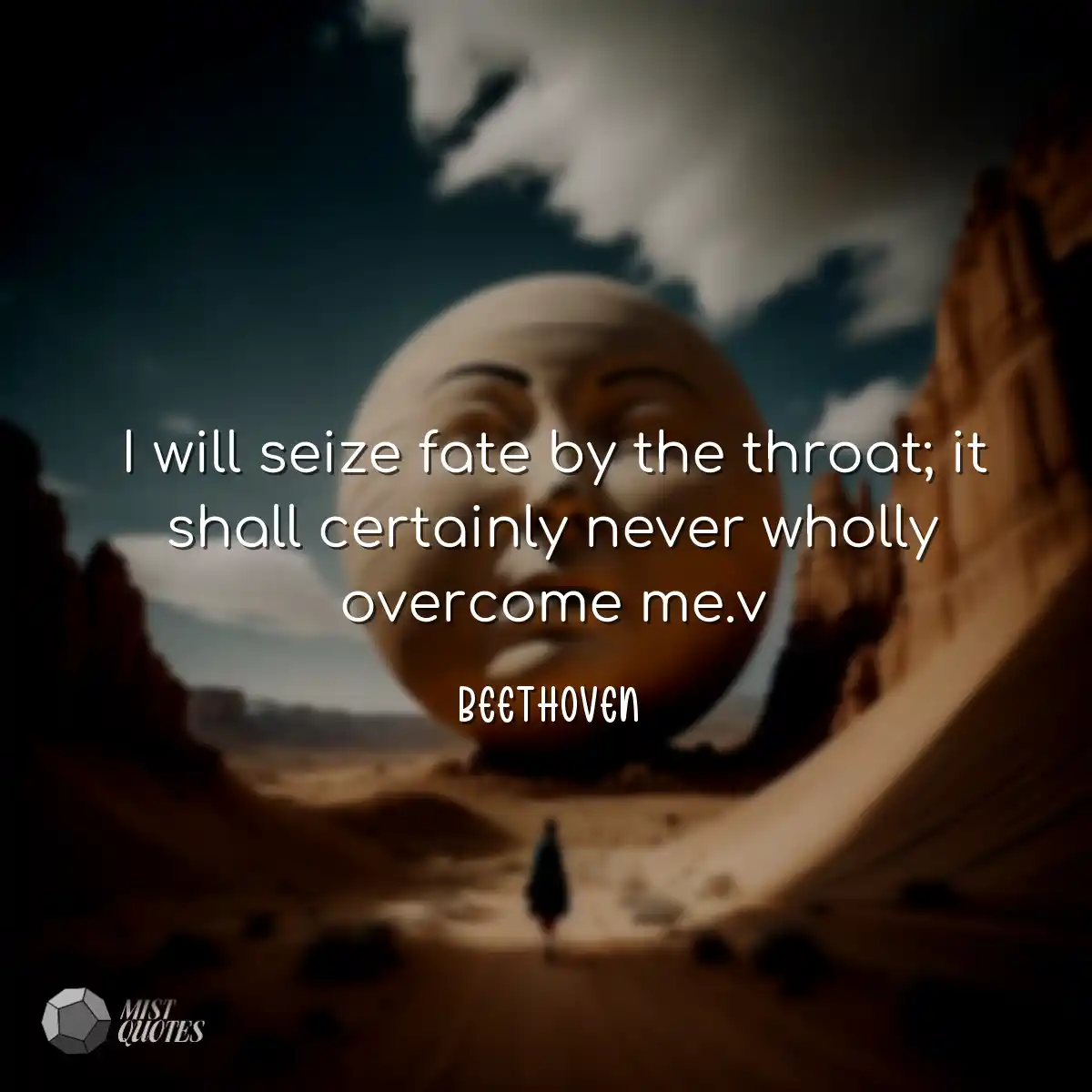
I will seize fate by the throat; it shall certainly never wholly overcome me.

The vibrations on the air are the breath of God speaking to man's soul.
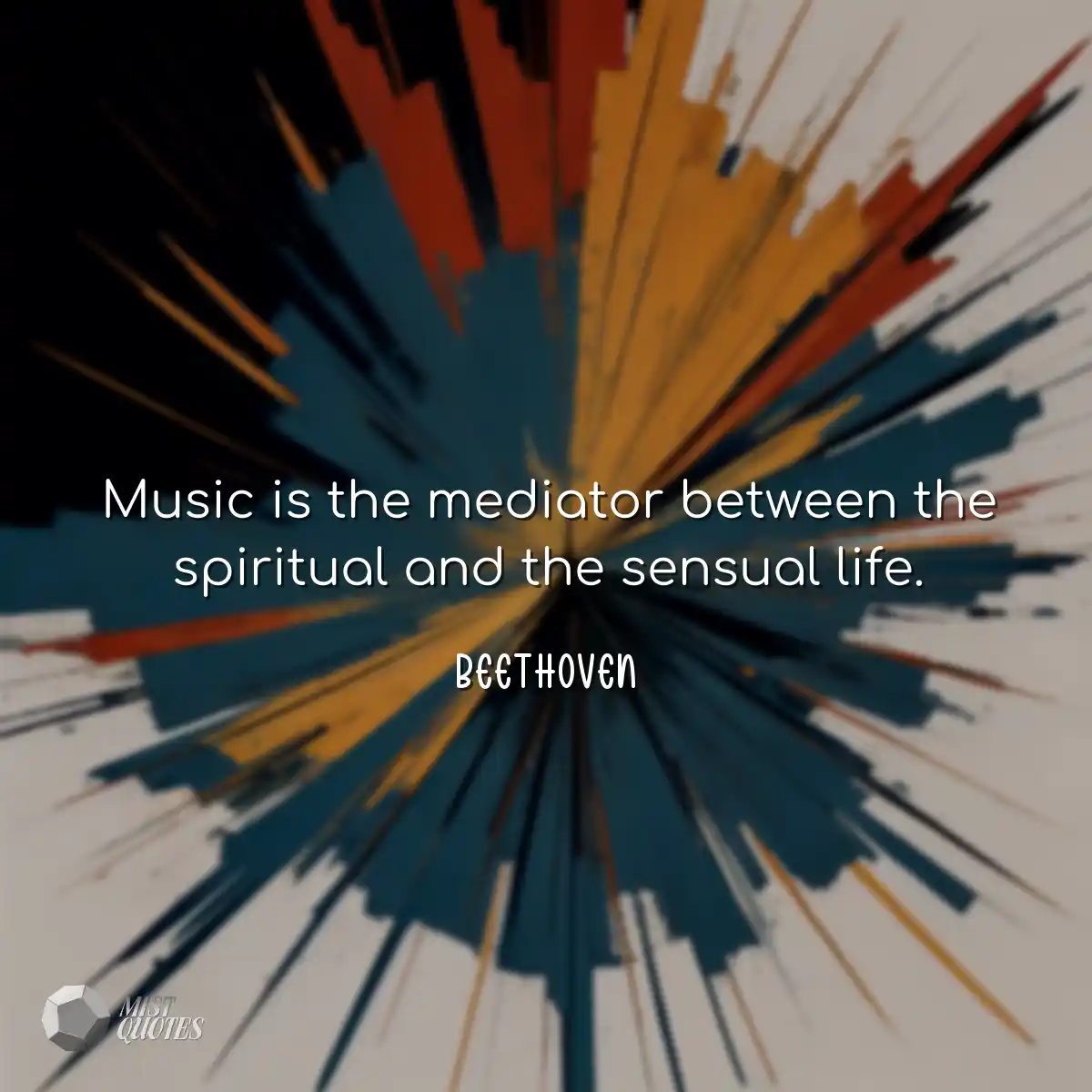
Music is the mediator between the spiritual and the sensual life.
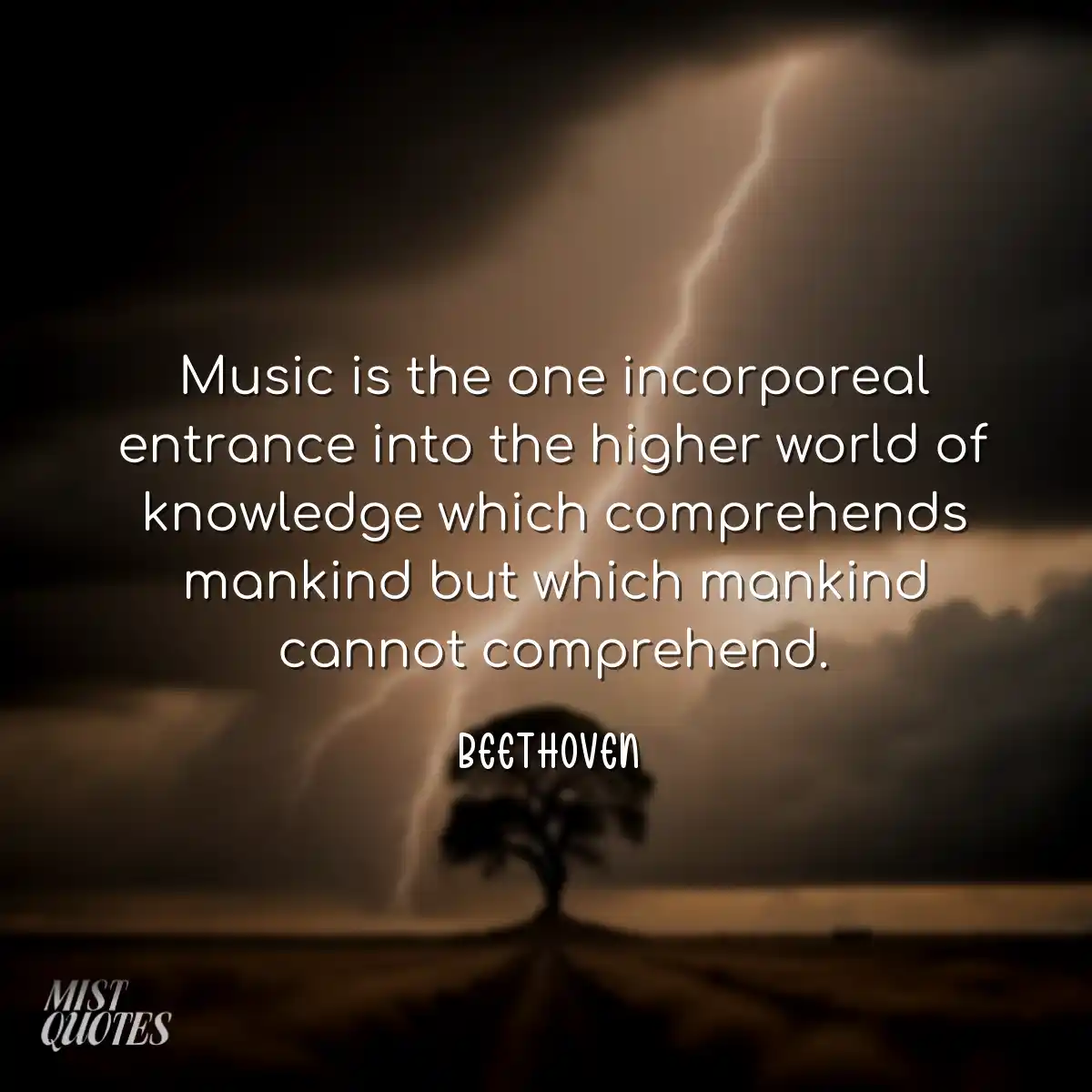
Music is the one incorporeal entrance into the higher world of knowledge which comprehends mankind but which mankind cannot comprehend.

I shall hear in heaven.
Ludwig van Beethoven, a name synonymous with musical genius, is considered one of the most significant and influential composers in the history of classical music. Born in Bonn, Germany, in December 1770, Beethoven's life and artistic journey were marked by his remarkable achievements, innovative compositions and lasting impact on the world of music.
Beethoven showed prodigious talent from a young age, displaying exceptional proficiency on the piano and violin. His father recognized his potential and sought to capitalize on it by giving him a rigorous musical education. Under the tutelage of prominent musicians of his time, such as Christian Gottlob Neefe, Beethoven developed a deep knowledge of music theory and composition, laying the foundation for his future achievements.
Beethoven's early works were strongly influenced by classical composers such as Mozart and Haydn. However, as he matured, he embarked on a journey of artistic exploration that would go beyond the limits of traditional composition. One of his notable achievements was the expansion of musical forms and structures, especially in his symphonies. His Third Symphony, known as "Eroica", marked a turning point in his career, as he broke with conventional norms, imbuing his music with emotional intensity and complexity.
Perhaps one of the most remarkable aspects of Beethoven's life was his battle with deafness. Around the age of 30, he began to suffer from hearing loss, which eventually led to almost total deafness. Despite this immense challenge, Beethoven's determination and passion for music remained unwavering. He continued to compose some of his most famous works, such as the Ninth Symphony and the late string quartets, even without being able to hear them.
Beethoven's innovative compositions spanned several genres, leaving an indelible mark on classical music. His piano sonatas, such as the "Moonlight Sonata" and the "Appassionata", demonstrated his mastery of the piano and his ability to evoke deep emotions through music. The Ninth Symphony, with its choral finale featuring Friedrich Schiller's "Ode to Joy", is a testament to Beethoven's ambition to blend orchestral and vocal elements in an unprecedented way.
Beethoven's influence extended far beyond his lifetime, shaping the course of Western classical music. His revolutionary approach to composition paved the way for the romantic era, inspiring composers such as Wagner, Brahms and Tchaikovsky. His impact also reached the realms of cinema, literature and popular culture, as his compositions were featured in countless films, television programs and commercials.
Ludwig van Beethoven's life and achievements left an indelible mark on the world of music. His ability to overcome personal challenges, his innovation in composition and his dedication to pushing the boundaries of musical expression have secured his place as a true maestro of classical music. As we continue to celebrate his legacy, we are reminded that Beethoven's works are not mere notes on a page; they are a testament to the power of human creativity and the timeless resonance of art.
Recent Quotes
"To help a friend in need is easy, but to give him your time is not always opportune."
Charlie Chaplin
"Life can be wonderful if you're not afraid of it. All it takes is courage, imagination… and a little dough."
Charlie Chaplin
